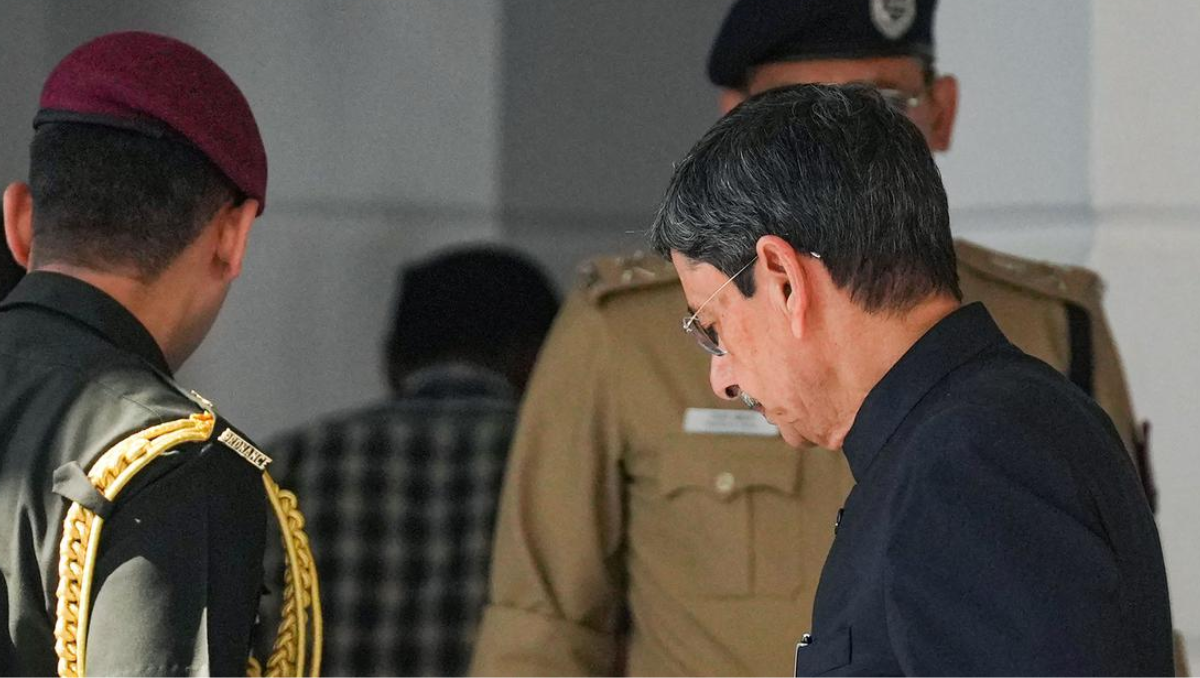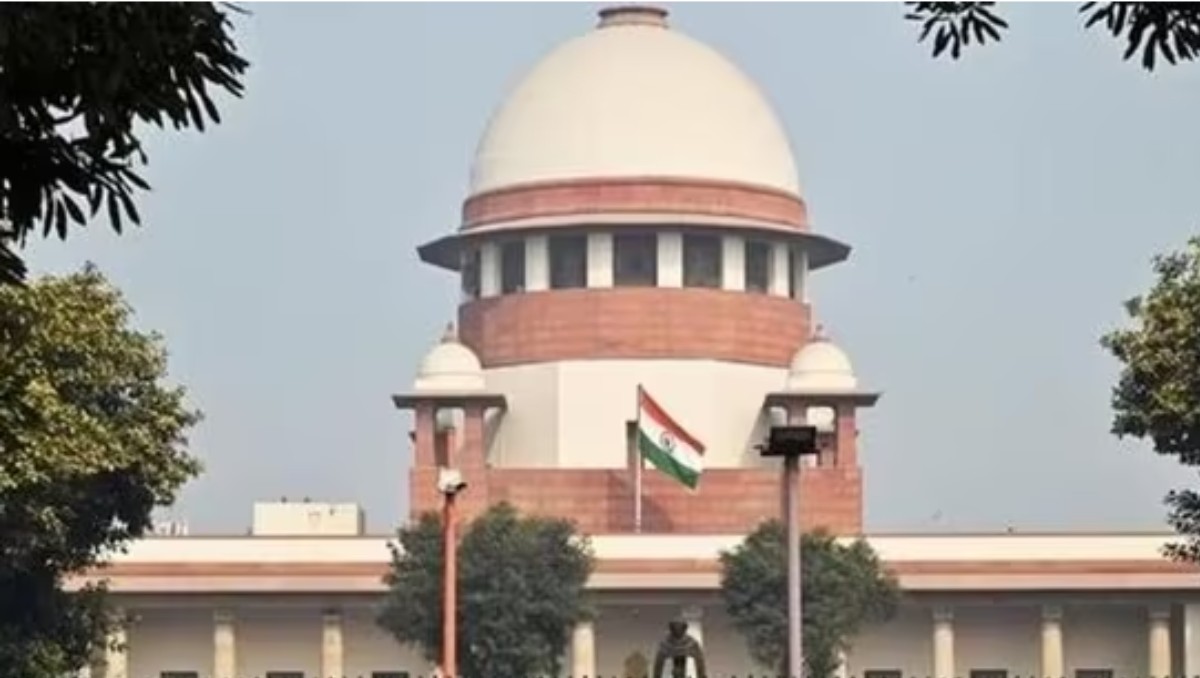The government of Tamil Nadu has filed a plea, charging Governor RN Ravi with neglecting to take action on several bills that the legislature has sent the governor.
On Monday, the Supreme Court questioned why, only after the case had come against it, Governor RN Ravi of Tamil Nadu had taken action on certain bills that the Assembly had forwarded to him for assent.
Chief Justice of India D Y Chandrachud asked the question while sitting over a three-judge bench and considering a plea from the Tamil Nadu government accusing Governor Ravi of not signing any of the bills that the assembly had sent him.
“The governor claims that as of November 13, he has resolved these bills. The fact that our order was approved on November 10 worries us. The due date for these bills is January 2020. It indicates that the Governor made the choice subsequent to the Court’s notification. For three years, what was the governor doing? Why should the Governor hold off until the parties file a Supreme Court petition?”

(Image Source : Scroll.in)
On November 10, a bench led by the Chief Justice of India objected to the Punjab Governor’s refusal to sign the bills sent by the state legislature, citing the invalidity of the assembly session in which they were passed. The bench then asked the governor to proceed with making a decision on the bills that have been submitted for assent, citing the validity of the sitting. On November 13, the CJI was notified that the Governor had chosen not to sign ten laws that were still pending before him.
Additionally, Venkatramani told the bench that the Tamil Nadu assembly had readopted all ten of the legislation for which the governor had delayed his assent on November 18 and returned them to him for assent.
He asked the court to postpone the hearing until after the governor made his decision, and the bench granted his request.
Venkataramani further told the bench that of the ten laws, the ones that are under dispute are the ones that have had changes made to the state university legislation that take away the governor’s (the chancellor’s) authority to choose the vice chancellor.
The court stated that it would not discuss the merits of the laws that the Assembly had passed, but it did point out that some of the bills had been handed to the governor in 2020 and some in 2022. The AG drew attention to the fact that the current governor merely took office on November 18, 2021.
The question, according to the judgement, is not whether any specific governor has delayed carrying out the constitutional duties assigned to them under Article 200, but rather whether there has been a general delay in carrying out the constitutional duties.
The hearing was postponed to December 1 by the court at the AG’s request.
In the meantime, the Kerala government filed a plea with the Supreme Court bench, claiming that the Governor was postponing the review of eight measures that had been passed by the state legislature and delivered to him for his signature.



